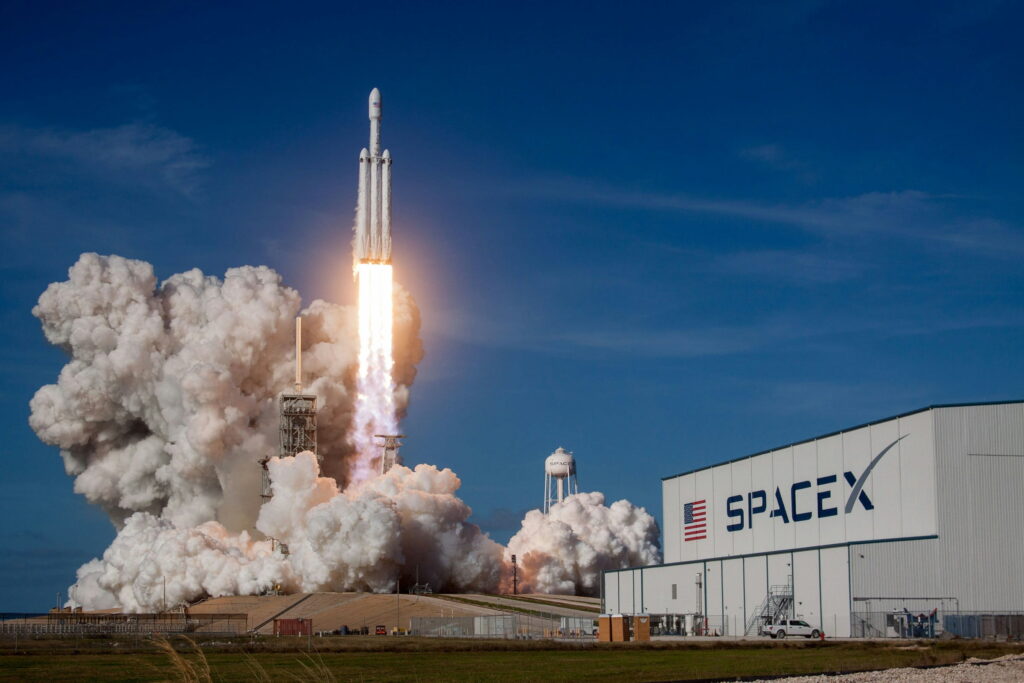SpaceX Achieves Milestone with 20th Falcon 9 Reuse During Busy Month of Launches
2 min read
This article is included in these additional categories:
On a historic evening, SpaceX demonstrated its prowess in reusable rocket technology by launching one of its Falcon 9 boosters for the 20th time. This notable launch occurred Friday, April 12th from Space Launch Complex 40 at Cape Canaveral Space Force Station in Florida, a distinguishing achievement in the commercial spaceflight industry. The mission coincided with the 43rd anniversary of the National Aeronautics and Space Administration’s (NASA) first space shuttle launch, highlighting a legacy of reusability in spacecraft.
Enhanced Capabilities and Rapid Turnaround
The mission was a manifestation of longevity and operational efficiency. Approximately 8.5 minutes following liftoff, the Falcon 9’s first stage successfully returned to Earth, landing on a drone ship in the Atlantic Ocean. Meanwhile, the rocket’s upper stage continued its journey, deploying 23 Starlink satellites into low Earth orbit about 65.5 minutes after the mission began. This deployment is part of SpaceX’s broader goal to enhance global internet coverage through its satellite network.
The booster used in this launch, identified by tail number B1062, has been a workhorse for SpaceX, having flown 19 previous missions since its debut in November 2020. This 20th flight set a new record for SpaceX reusability and saw the booster reach the halfway mark of its extended service life of 40 flights, a goal set after introducing the Falcon 9 Block 5 variant.
This launch was part of a hectic period for SpaceX, which saw six Falcon 9 launches in less than eight days—a pace that significantly outstrips its main U.S. competitor, United Launch Alliance. April has been particularly active, with missions including three Starlink launches, the inaugural Bandwagon 1 rideshare mission, and the launch of a next-generation Space Force weather satellite. Additionally, SpaceX demonstrated its operational agility by managing two launches from different sites within five days.
Europe Turns to SpaceX Amidst Launch Delays
In a strategic shift, the European Space Agency and the European Commission have enlisted SpaceX for the upcoming launches of two Galileo navigation satellites by the end of the month due to delays with Europe’s Ariane 6 rocket and the cessation of Soyuz rocket launches from French Guiana. This collaboration highlights SpaceX’s growing influence and reliability as a launch provider on the global stage.





